
按流行标签浏览免费 素材/背景 库存照片和图像
什么是纹理和背景照片和图像?
纹理和背景照片和图像是具有各种视觉组件和概念的照片,观看者会立即将其与纹理和背景。这些视觉成分包括颜色、形状和深度、密度、物体或物质表面排列的变化。我们几乎可以在任何地方找到纹理和背景照片,在报纸、杂志、电视广告中,在您的设备屏幕、数百万个帖子、在社交媒体上分享、通过广告以及许多其他日常生活活动。
photoAC 上流行的纹理和背景照片和图像是什么?
< p>photoAC 上最流行的纹理照片和图像是包含各种物理成分的物质(织物、丝绸、纸、砖、金属、石头等),具有不同的感觉(smo或粗、软或硬、粗或细、无光或有光泽等),分为实际、模拟、抽象和虚构四种质地。您可以在 photoAC 上轻松找到最流行的背景,包括不同风格的风景和风景(几何、复古、单色、素色、热带、3D 风格等)。纹理和背景 photoAC 上的照片和图像主要用于广告以及博客和社交媒体上的帖子。如何在 photoAC 上找到更好的纹理和背景照片和图像效果?
您可以在 photoAC 的纹理/背景类别部分找到纹理和背景照片和图像。此外,对于特定搜索,让我们从搜索栏开始,输入相关关键字,然后使用过滤器功能细化搜索结果。您可以通过选择图像类型(JPEG、PNG 或 PSD)、尺寸(垂直或水平)、有无人物以及照片中的颜色来优化纹理和背景照片和图像的搜索结果。您还可以包含或排除其他关键字、类别和创作者姓名。
使用从 photoAC 下载的纹理和背景照片和图像是否安全?
所有纹理和背景photoAC 上的背景照片和图像可以免费下载,可用于个人和商业项目。只需注册一个免费帐户并立即开始下载。 photoAC 上的免费用户每天的下载时间有一些限制。如果您想无限制地下载纹理和背景照片和图像,您可以订阅我们每月和每年的两个计划之一。为确保您正确使用我们的纹理和背景照片和图像,请仔细检查我们的 条款和条件.
photoAC 上的所有照片和图像都可以用于个人项目。如果您想将它们用于商业目的,请查看我们的使用指南 以确保您正确使用从 photoAC 下载的照片。
您可能想购买 额外许可用于特定商业用途。请注意,额外许可仅适用于来自名为 acworks 的创作者的材料。要查找 acworks 的照片,请在搜索时使用作者姓名过滤器。
Textures/Backgrounds
The Importance of Textures and Backgrounds in Design
Graphic design is now an essential tool that is widely used in different parts of the world today, and it continues to excel in many ways. Designers across the world are constantly working on creating new tools that can enhance the easy creation of a seamless and smooth experience for customers. Today, new elements continuously enter the design industry and continue to change the dynamics of things compared to the earlier days of paper and pencils. People now rely heavily on the use of technology to ensure that they stay relevant. There are currently so many design elements that people use, and among these elements include textures and backgrounds, which designers use mostly to make designs more appealing.
There are so many things that are involved in graphic design, and among these things include colours, shapes, patterns, textures and more. These components, when put together, can amplify each other and also make a design look great. On the other hand, poorly using these components will only lead to a poor and less appealing design. Before now, striking a balance between these components was a rather difficult task, but technological advancements have made it a lot easier for designers to achieve this by deploying different tools when designing. Designing methods has rapidly changed from the conventional use of pen and paper, and it has grown to the use of software and computers. Today, there are so much software that people use when designing, and an example is Adobe Illustrator and IllustAC.
Textures are mostly associated with a feel that easily attracts the mental and physical attention of different people to the graphics presented in the design. Therefore, adding textures and background to graphic design will significantly help to relay your message, as well as emotionally inspire your potential clients. Textures are used in many ways today, and the most common is that designers now use them to create varying contrasting features on different designs. It also serves as a way for designers to easily other intriguing features to design, making it appear more realistic. The importance of textures cannot be overemphasized, especially when it’s used in highlighting other relevant design features.
Today, we have actual texture and visual textures when viewing design. We mostly experience texture by feeling or touching a design to check whether it’s smooth or rough. Designers can either decide to choose between a visual texture or an actual texture. It’s important to note that both types of textures are different from each other. The main difference between the two is that you can feel real textures with your hands, and visual texture, as the name suggests, can only be seen. However, designers use visual texture in creating designs that appear with rich and layered graphics.
It is worth mentioning that background and textures are both utilized as finishing tools in digital designs. We have said a lot about textures, but it’s also important that you know what background is as well. Background is the main image on which the primary image is placed upon, and the aim is to add more interest and make the primary image compositionally complete. Both background and texture are used by designers to create beautiful and visually appealing designs today.
Here’s an overview to further help you understand visual and actual texture:
Visual textures
With visual textures, you can easily add all the effects that you want on your graphics, and this won’t take much effort from you. The only thing you’ll need to do is to create a balance between the background you use, as well as the texture. You need to ensure a balance either as an overlay or on the background that you use. With visual textures, you can easily include the exact feel that you want on your design. Also, one thing you should note is that higher textured pieces are generally more expensive than the lower ones.
Actual textures
As mentioned earlier, this is the texture that is felt on items like product labels, flyers and business cards. The quality of a design is generally influenced by the weight of the paper, type of paper, material uses, as well as the feel it delivers. With that in mind, you’ll normally expect an embossed card to be of a higher quality than that which is made from paper.
What are Virtual Backgrounds and Textures
Have you ever been in a zoom meeting and noticed that everyone else has a really stunning background except you? You might want to believe that these people live in a really beautiful environment, but that’s not always the case. They are mostly using virtual backgrounds and textures to make their zoom calls more visually appealing to other participants of the meeting.
The amazing thing about virtual backgrounds is that you can use them for different purposes. For example, if you are meant to be in a particular location for a video call or an interview, but for one reason or the other, you are unable to make it to the destination, you can resort to utilizing a virtual background which will make it seem as though you were in the right location. However, when selecting a virtual background, you’ll need to ensure that it is more realistic and has a neat design.
Are you wondering how you can choose the best virtual background and texture? Continue reading.
Pay Attention to the Contrast
When using the best virtual background and texture, the first thing you’ll need to pay attention to is contrast, and this includes the surrounding colours around you, like your skin and hair colour, as well as the colour behind you. You need to pay attention to these colours with respect to their contrast. Basically, the most important thing is for the subject to stand out and be easily distinguishable from the background.
Visual Noise
Every detail matters a lot when it comes to virtual backgrounds and textures, and one of the things you’ll need to pay attention to is the visual noise in your background. In general, if your background tends to be busy a lot, it won’t be easy for people to watch you and listen to what you’re saying. Another thing you’ll need to know is how to set the right tone.

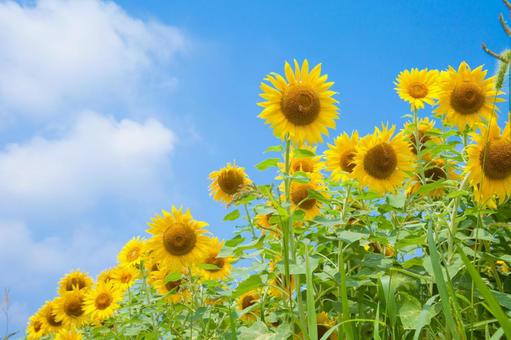
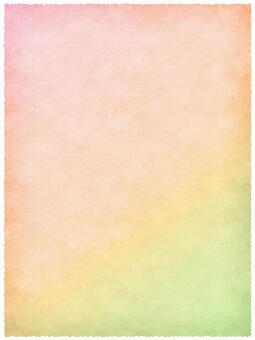


























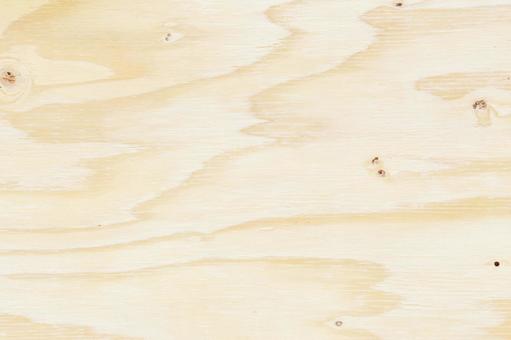









































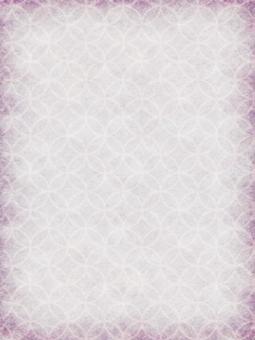







































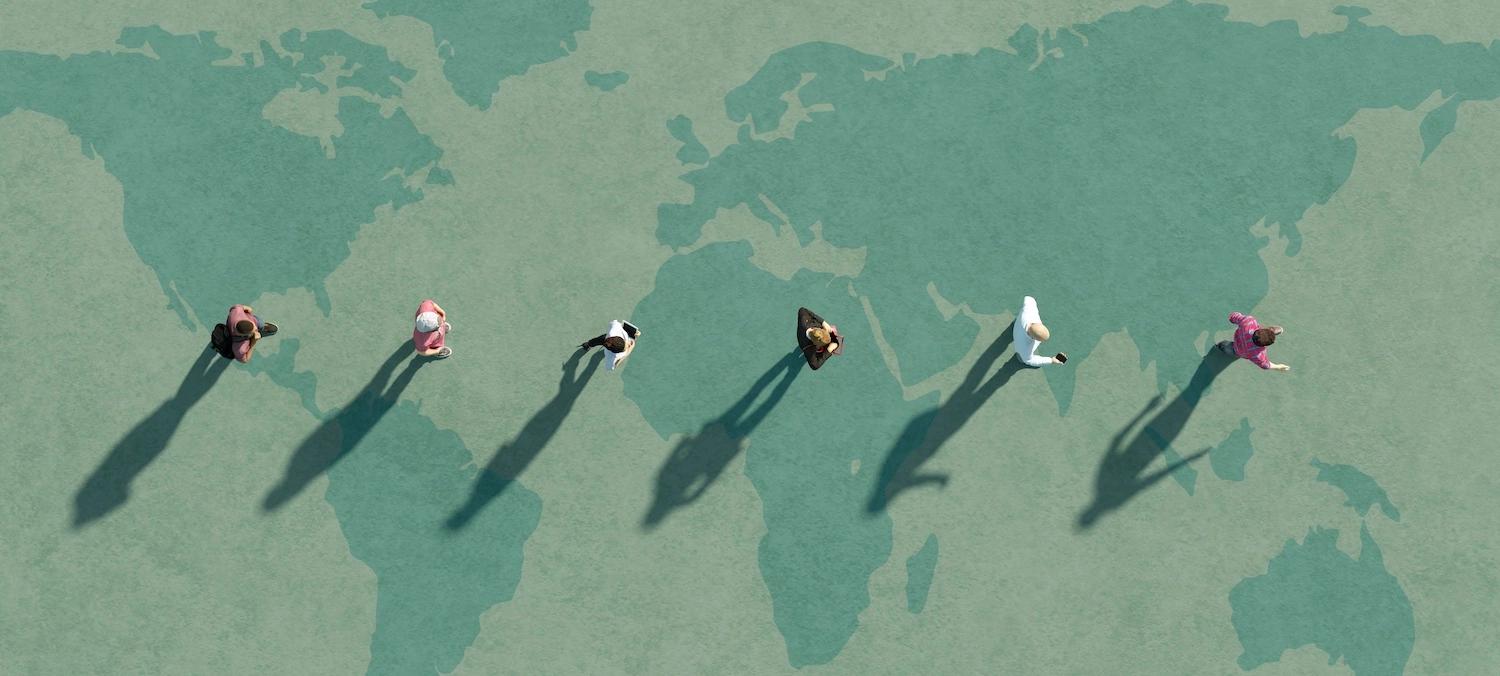
 © 2011 - 2025 ACworks Co.,Ltd. 版权所有。
© 2011 - 2025 ACworks Co.,Ltd. 版权所有。
